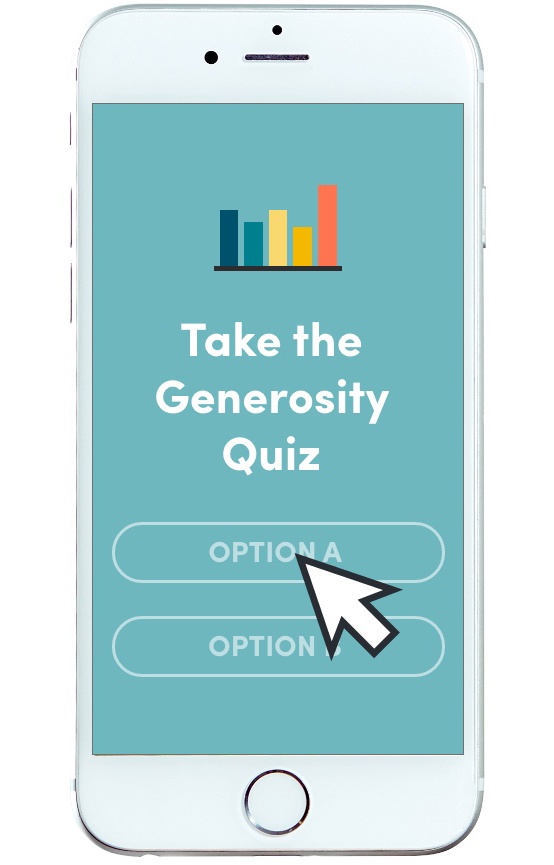As we enjoy the Fall season, stories of kindness and gratitude begin to circulate. Why does this theme resonate so powerfully among us? Statistics show that expressing gratitude not only improves your ability to divert behaviors like fear, blame, and anxiety, it’s also an important tool in driving workplace productivity.
A powerful tool to improve leadership, teamwork, and productivity in the workplace
“Encourage each other to become the best you can be. Celebrate what you want to create more of.” ~Tom Peters
As we enjoy the Fall season, stories of kindness and gratitude begin to circulate. Why does this theme resonate so powerfully among us? Statistics show that expressing gratitude not only improves your ability to divert behaviors like fear, blame, and anxiety, it’s also an important tool in driving workplace productivity.
A 2013 Gallup report on the state of the American workplace detailed how “engaged employees” are responsible for the majority of the innovation and productive energy driving highly successful organizations. Yet, 7 in 10 workers are characterized as “not engaged,” or emotionally disconnected from their team and workplaces. It’s crucial to team success that leaders develop the strengths and enhance the well-being of their employees. Conveying the message that the work, time, and effort provided by employees is valued and appreciated by management is a big part of this. One of the most cost effective and impactful ways of encouraging and developing this kind of employee engagement is through gratitude.
In order to foster a “culture of gratitude” in the workplace you must first evaluate how it operates in your own life. What are you grateful for? Do you have a grateful attitude? Do you practice showing feelings of appreciation? Get started by using our Gratitude Worksheet.
Why is gratitude worth making the effort?
It’s important to remember that we can’t motivate others. We can only create environments that are motivating. Employees want to do their best and value acknowledgement and appreciation of their contributions.
In the context of a work team, this encourages synergy, improves decision-making, and enhances performance. The #1 benefit of gratitude is that we can’t feel gratitude and be miserable at the same time. Being more
grateful and expressing it is a part of happiness and not surprisingly, also important to being successful.
Five Gratitude Habits
- Be positive. Choose your mood. Smile. Be sincere in showing your appreciation. Learn to show gratitude as a way of connecting with your work team.
- Use encouragement. Appreciate the things your team members or employees do best. When someone does something kind, amazing, or difficult for you or others on the team, recognize it and be specific.
A generic “good job” doesn’t mean as much as, “the image you chose for slide four told the perfect story. It added so much value to the presentation.” - Be proactive. Model gratitude in the workplace and encourage team members to do the same.. If you’re part of running a meeting, keep it short and sweet to show others that you appreciate and respect their time.
Be gracious when accepting gratitude. This may take some practice. Simply saying, “Thank you” is often enough. Acknowledge your part and other’s in the bigger picture. - Use your words wisely. Compliment instead of complain. Focus on what was done well instead of what wasn’t. Appreciate intentions, even when the outcomes aren’t exactly what was expected.
- Customize the gratitude you show each individual. Some employees will like public praise or compliments; others will prefer tangible things, like a hand-written note or an email to senior leaders. Be specific and measurable in showing gratitude to someone as there are all types of ways to do this genuinely and effectively.
Figure out how to spread this idea and keep the ripple effect of gratitude going. Pay attention to workplace behaviors, outcomes, processes, & styles that are positive, successful, and well done.
Share your observations with others. Express your appreciation often and remember to ask yourself, what are you thankful for?

Take the quiz:
What's your generosity quotient?
To become a groundbreaking leader, you need to know where you stand. Discover your default generosity style with our free assessment.




